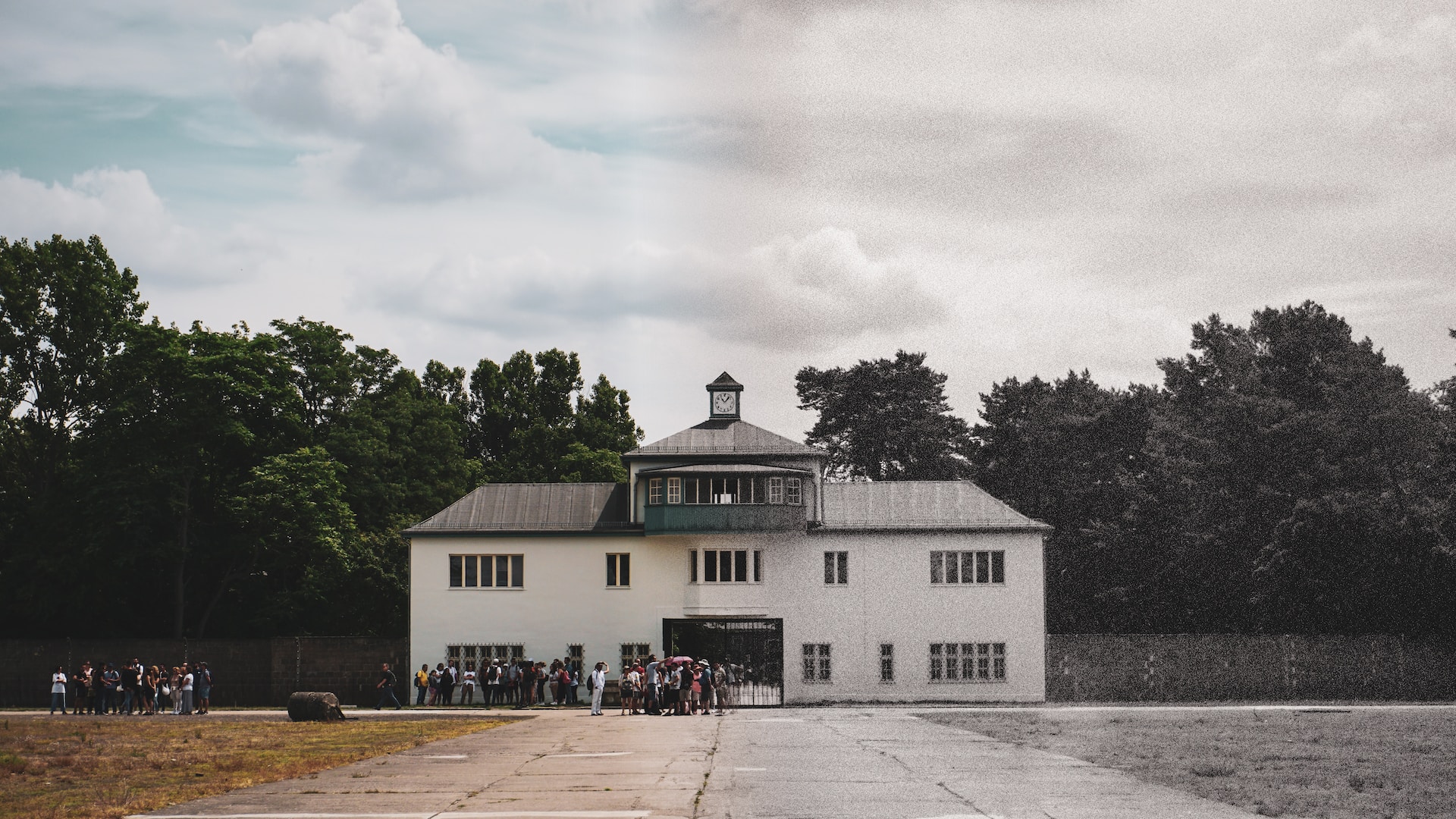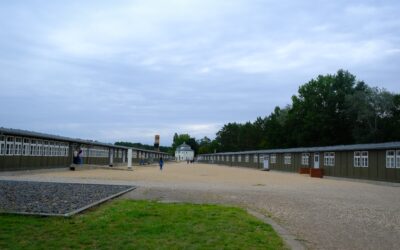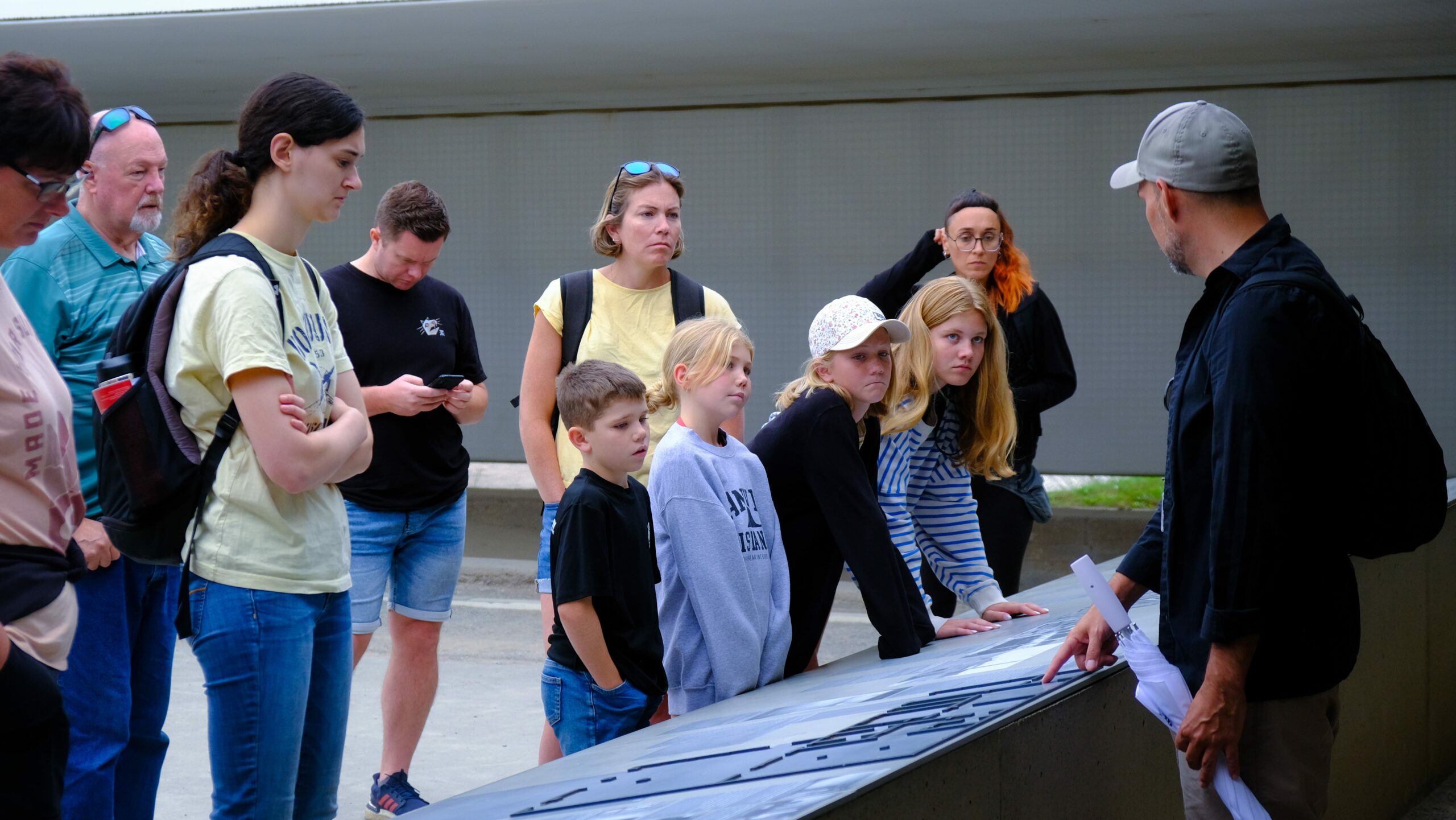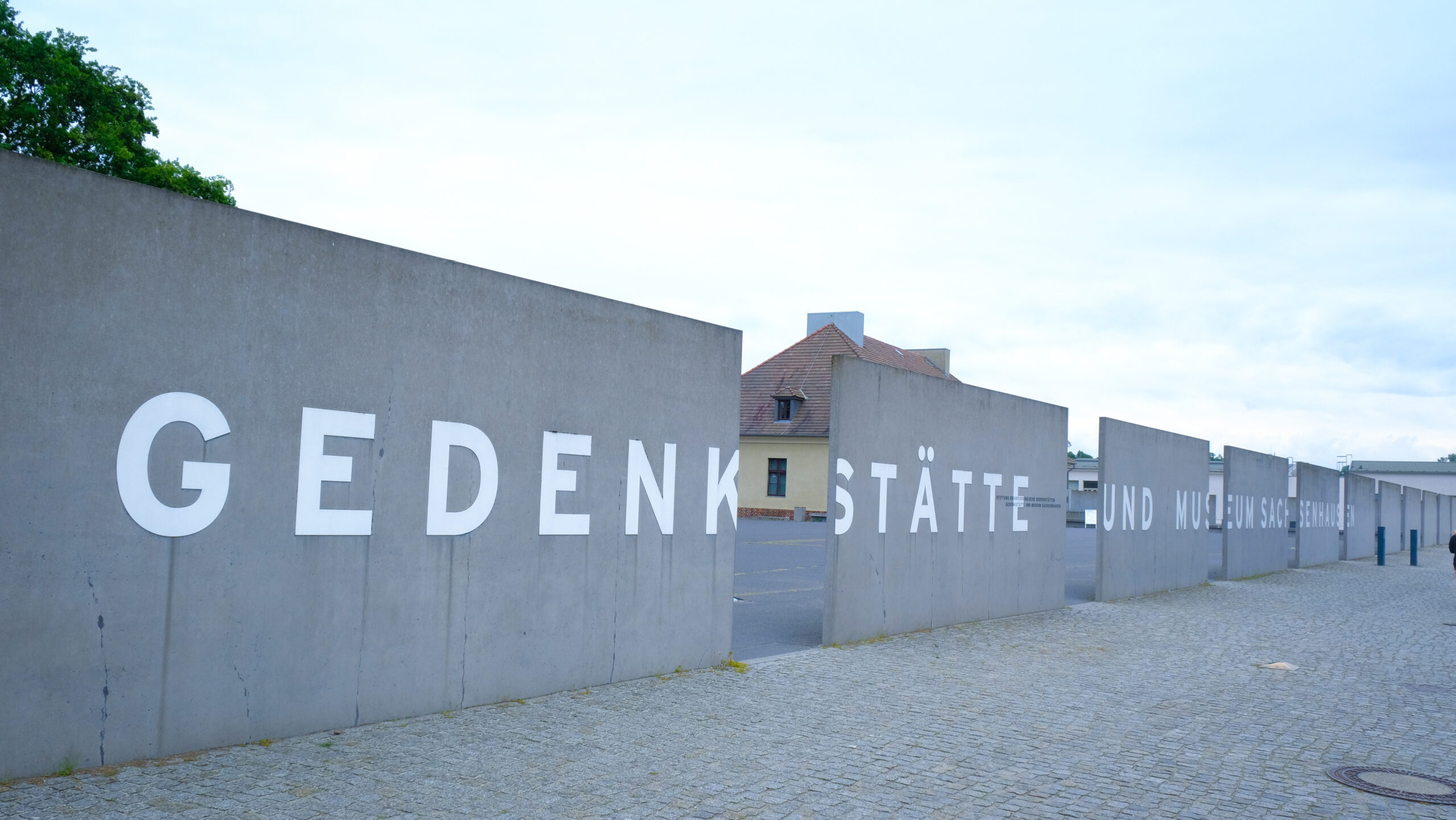German concentration camps played a dark and significant role in history during the period of World War II and the Holocaust. Visiting these sites can be both emotionally challenging and important for understanding the atrocities committed during that time. In this blog post, we’ll explore the reasons why you should consider taking a German concentration camp tour, the key aspects you need to know before planning your visit, and provide valuable tips to make your experience as meaningful as possible.
Everyone should know the history of the event
The concentration camps located in Germany were employed by the regime to detain and efficiently kill a myriad of unguilty individuals such as the Jews, Romani’s, Poles , Soviet POWs among others. This way,we get to face sorrowful facts, pay tribute to the victims and draw lessons from past mishaps to avoid to make similar mistakes again.
Commemorating the Victims
The desire to remember the victims is one of the main reasons for the people to visit concentration camps. This, of course, is crucial to do because it helps to express the real scale of loss of human lives and it is important to find ways of how to remember every person who has died.
Visiting the sites, we can get as close as possible to see with our own eyes suffering that was, in fact, inhuman. Monument has been placed in the camp so that people can visit it, and remember how terrible and unjustified it was toenqueue and torture people.
Deciding on which of the concentration camps to visit
To this day there are several concentration camps located in Germany that one can visit. Historic concentration and extermination camps are famous and include camps such as Auschwitz-Birkenau, Dachau, Sachsenhausen, and Bergen-Belsen. The camps also have their own histories and legal status in different countries so it is necessary to study particular camps and choose the most appropriate ones.
Think about what you want to know and when and where you want to know it. Auschwitz-Birkenau is the modern visited place and is considered to be a symbol of the Holocaust, however Dachau – the first camp, built near Munich, which became a prototype of other camps. Sachsenhausen, north of Berlin, gives a good generalized overview of the camp system and some of the first uses of gas and other means of extermination.
Make it Available and Accessible
Whenever planning a visit to any particular concentration camp it is recommended that one gets the necessary information on the availability of the camp for tours, the rates at which these camps open to visitors, and other necessary specific requirements that may be essential before getting a glimpse of the camp. There are camps where prior bookings must be made and zones are not completely accessible. Another good practice is to find out whether there are specialized guides or whether one can receive an audio guide. It is important that these resources used can further improve your knowledge regarding the background and narratives linked to the camp.
Making the Most of Your Visit
Engage with the Guided Tours
The majority of concentration camps have-service of guided tours provided by experienced workers or specialized guides. It is of members great importance to join a team which wills lead a guided tour as it offers a much deeper insight into the camp, its history and the importance it holds.
Therefore during the tour do not shy from asking questions especially those things that you do not understand or that you want to have more information about. Just to clarify, the guides are there to assist you on the journey through the emotional and historical turmoil of the place.
Respectful Conduct and Reflection
As you walk through the camp, it’s essential to maintain a respectful and contemplative demeanor. These sites hold immense historical weight, and it is crucial to approach your visit with the utmost respect for the victims and survivors. Avoid any behavior or actions that could be interpreted as disrespectful or insensitive.
Take the time to reflect on what you have experienced. Find a quiet spot within the camp where you can gather your thoughts, pay your respects, and contemplate the impact of human actions and the importance of never forgetting.
Conclusion
Visiting German concentration camps can be a profound and transformative experience. It offers an opportunity to connect with history, pay tribute to the victims, and ensure that the tragedies of the past are never forgotten. By approaching the visit with respect, engaging with the guided tours, and reflecting on the significance of these sites, you can make your journey an educational and meaningful one.




